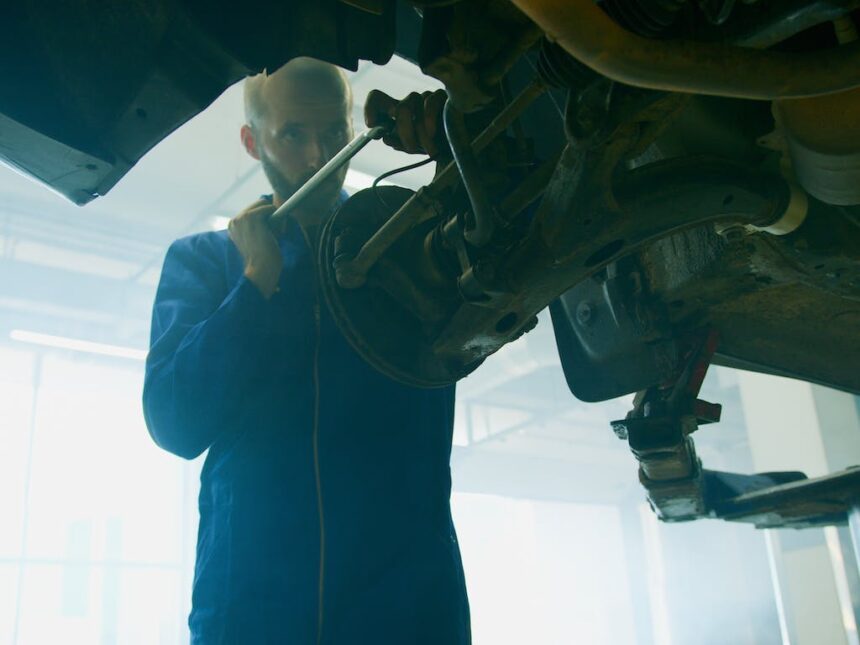Purchasing a secondhand car can be a cost-effective way to own a vehicle, but it’s essential to be prepared for potential repairs and maintenance. Whether you’re a first-time secondhand car owner or a seasoned buyer, these repair tips will help you keep your vehicle running smoothly and extend its lifespan.
Regular Maintenance Matters
Consistent maintenance is key to keeping your secondhand car in good condition. Regularly changing the oil, checking the fluids, and replacing air filters can prevent more significant issues down the road. Following the manufacturer’s recommended maintenance schedule is crucial, as it outlines when various components need attention.
Check the Vehicle History
When buying a used car, always check the vehicle history report. This report provides insights into the car’s past, including accidents, repairs, and maintenance records. Knowing the vehicle’s history can help you foresee potential problems and make wise repair decisions.
Address Minor Issues Promptly
If ignored, minor issues can grow quickly into more significant and expensive repairs. Taking care of these problems, whether it’s a strange noise, a warning light, or a small fluid leak, can help you avoid further damage and save money.
Find a Trusted Mechanic
Having a reliable mechanic is crucial for second hand car owners. Look for a reputable mechanic who specializes in your car’s make and model. A skilled mechanic can diagnose issues accurately and provide necessary repairs, ensuring your vehicle remains in optimal condition.
Invest in Quality Replacement Parts
If a repair is necessary, opt for quality replacement parts. While they may be slightly more expensive, genuine or high-quality aftermarket parts can offer better performance and durability. These parts are designed to fit your car precisely, reducing the risk of compatibility issues.
DIY with Caution
If you’re comfortable working on cars, some repairs can be done at home. However, know your limits. Attempting complex repairs without the necessary knowledge and tools can lead to further damage. Stick to simple tasks like changing wiper blades or air filters and leave more intricate repairs to professionals.
Budget for Repairs
Owning a secondhand car means factoring in repair and maintenance costs. Set aside a budget for unexpected repairs so you’re financially prepared when issues arise. A proactive approach to budgeting can alleviate stress and ensure you’re ready to handle any necessary repairs.
Consider Extended Warranty Options
Some second hand cars may still be under warranty, and you might have the option to purchase an extended warranty. While it adds to the initial cost, an extended warranty can provide peace of mind by covering certain repairs and reducing out-of-pocket expenses.









